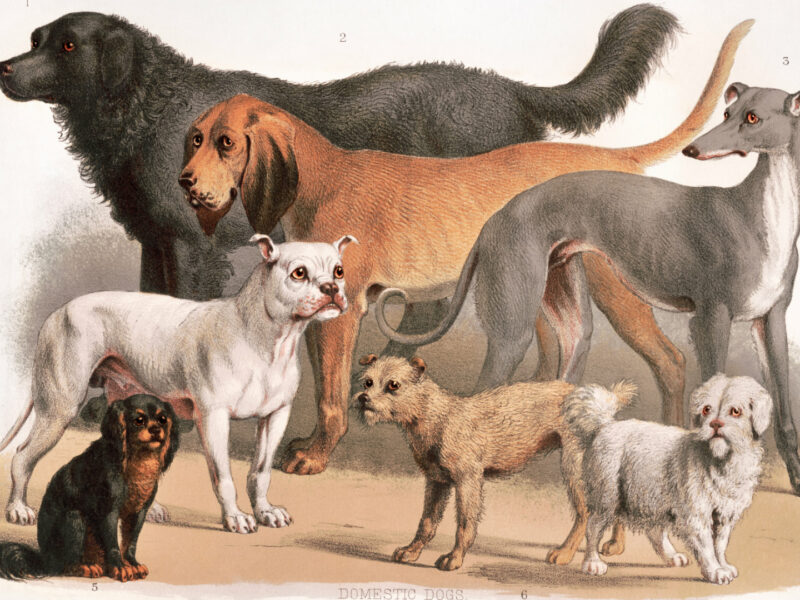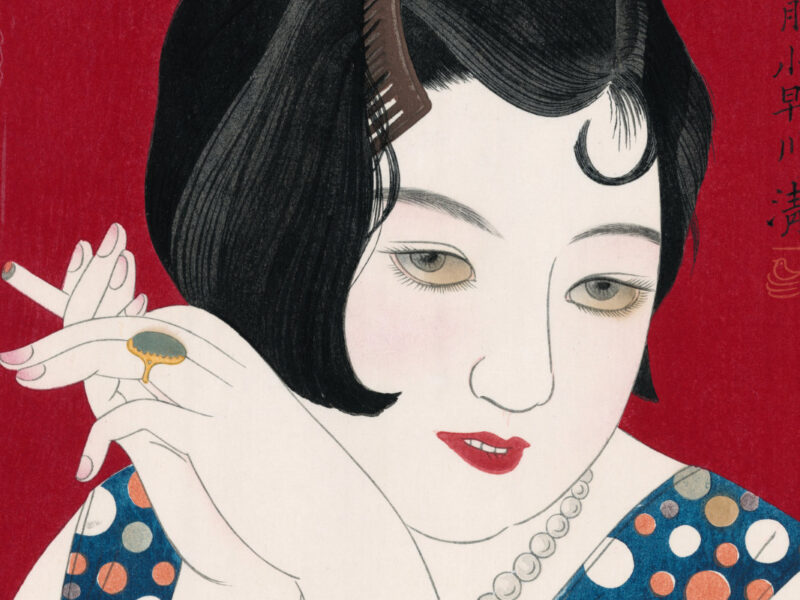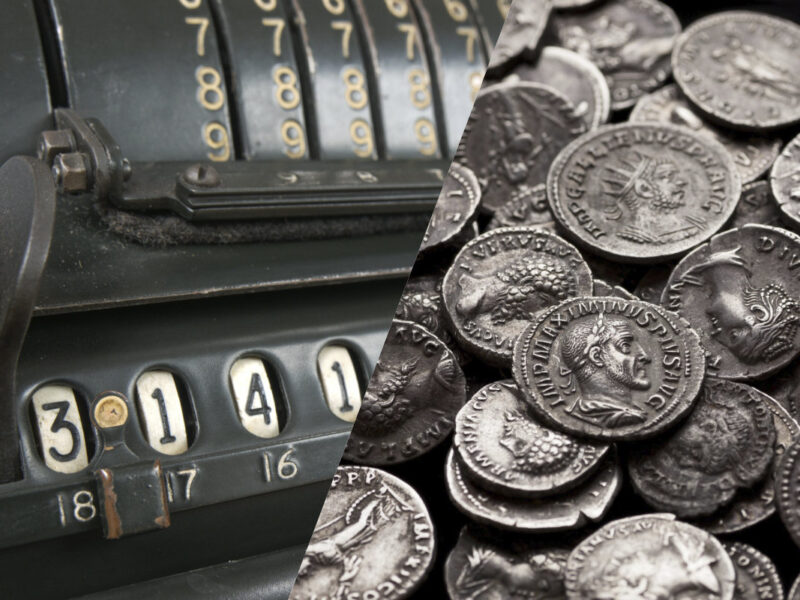Trafficking in herbal cannabis used to be seen as less severe than its resin, resulting in a shorter term of imprisonment. This is no longer the case.
It used to be that trafficking herbal cannabis would enjoy a discount in prison sentence than its resin form as the primary psychoactive ingredient, tetrahydrocannabinol (THC), is less concentrated in the herbal form. However, this is no longer the case as the Court of Appeal reviewed the recent trend and data about the drug, which remained criminalised in Hong Kong.
In HKSAR v NGUYEN Thang Loi [2023] HKCA 103, the Court of Appeal substantially updated the sentencing guidelines for trafficking and related offences concerning cannabis, a dangerous drug in Hong Kong. Through this case, the court introduced several revisions to the present sentencing regime, mainly:
i. Aligning the sentencing guidelines for trafficking herbal cannabis with its resin.
ii. Expanding the upper bands for the trafficking of larger quantities of cannabis.
iii. Setting a new guideline for the cultivation of cannabis plants.
It is interesting to note that the court refused to base the length of the sentence upon the weight of THC, the main psychoactive component of cannabis but the weight of the cannabis seized.
The expanded sentencing guidelines for trafficking cannabis, now covering quantity over 9kg, irrespective of whether it is in herbal or resin forms, is as follows
Trafficking in Cannabis
(Herbal or Resin)
| Quantity | Sentence |
|---|---|
| Under 2,000 grammes | Up to 16 months' imprisonment |
| Over 2,000 grammes | 16 to 24 months |
| Over 3,000 grammes | 24 to 36 months |
| Over 6,000 grammes | 36 to 48 months |
| Over 9,000 grammes | 48 to 66 months |
| Over 15,000 grammes | 66 to 96 months |
| Over 45,000 grammes | 96 to 120 months |
| Over 90,000 grammes | 120 months or above |
Furthermore, the Court of Appeal laid down the sentencing guideline for cultivating cannabis plants, which is based upon the estimated annual yield of the plants, by (i) calculating the average weight of the plants, (ii) multiplying by the number of plants, (iii) multiplying by the number of crops in a year:
Cultivating Cannabis
| Estimated Annual Yield | Sentence |
|---|---|
| Below 5,000 grammes | Below 2 years |
| 5,000 to 50,000 grammes | 2 to 7 years |
| 50,000 to 150,000 grammes | 7 to 10 years |
| Over 150,000 grammes | Above 10 years |
It is important to note that while there is an international trend to treat cannabis as a less harmful drug, this case reflects the stance in Hong Kong to the contrary. Notably, the courts accept that the purity of THC in herbal cannabis has increased substantially since the last sentencing guideline was laid down in R v Tuen Shui Ming and Another [1995] 2 HKC 798, such that it is in effect as concentrated in THC as cannabis resin.
The Court of Appeal also reiterated the proper approach in applying the guidelines set out in the six-step approach as set out in the recent judgment in HKSAR v Herry Jane Yusuph [2021] 1 HKLRD 290.
Now that Cannabidiol (CBD) is being classified as a dangerous drug in Hong Kong on 1 February 2023, it remained to be seen how offences related to CBD should be sentenced with respect to the updated regime, given the Court of Appeal recognised the difference in nature between THC and CBD in their judgment.
Drug trafficking is a grave offence in Hong Kong and remains so even for cannabis.
Gordon Chan, Esq
Barrister-at-law, Archbold Hong Kong Editor on Public Health, and Member of the Bar Association's Committee on Criminal Law and Procedure. Specialised in medical, technology and criminal law.



